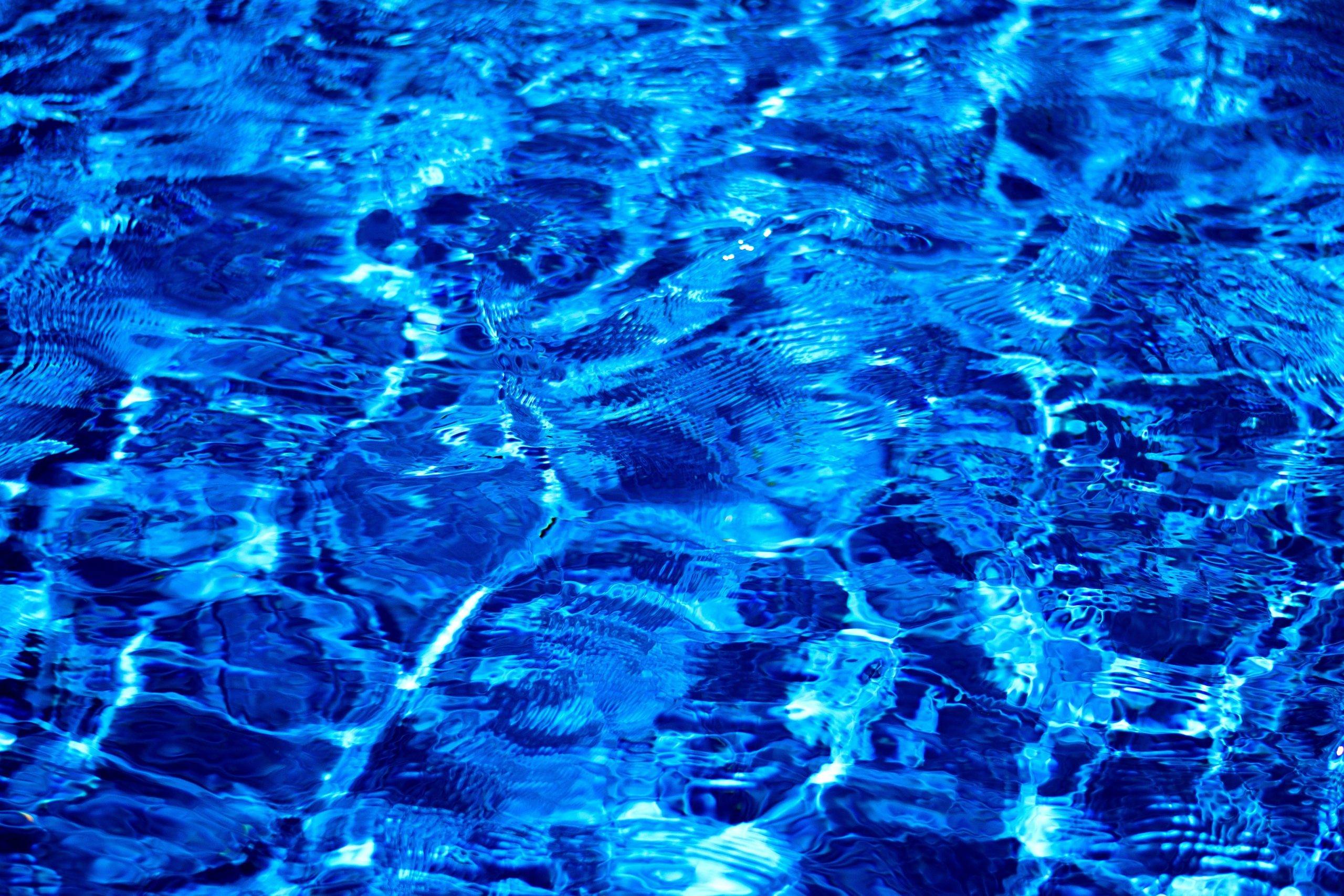I wish to add an uncovered, outdoor natural gas heater to daily warm my 20,000-gallon pool with pool cover during the winter in San Francisco East Bay.
My roof top water solar keeps the pool warm enough April 15 - Oct 15.
Winter outdoor temperatures are typically 45F low to 60F high. I can swim daily down to 65F pool temperature.
My impression is that high-efficiency heaters often require significant attention and significant annual maintenance to keep them running properly.
Does anyone have a trouble-free high efficiency (93%+) natural gas heater that they have been using daily for over 5 years and love it?
Thanks,
Chris
My roof top water solar keeps the pool warm enough April 15 - Oct 15.
Winter outdoor temperatures are typically 45F low to 60F high. I can swim daily down to 65F pool temperature.
My impression is that high-efficiency heaters often require significant attention and significant annual maintenance to keep them running properly.
Does anyone have a trouble-free high efficiency (93%+) natural gas heater that they have been using daily for over 5 years and love it?
Thanks,
Chris
Last edited:







